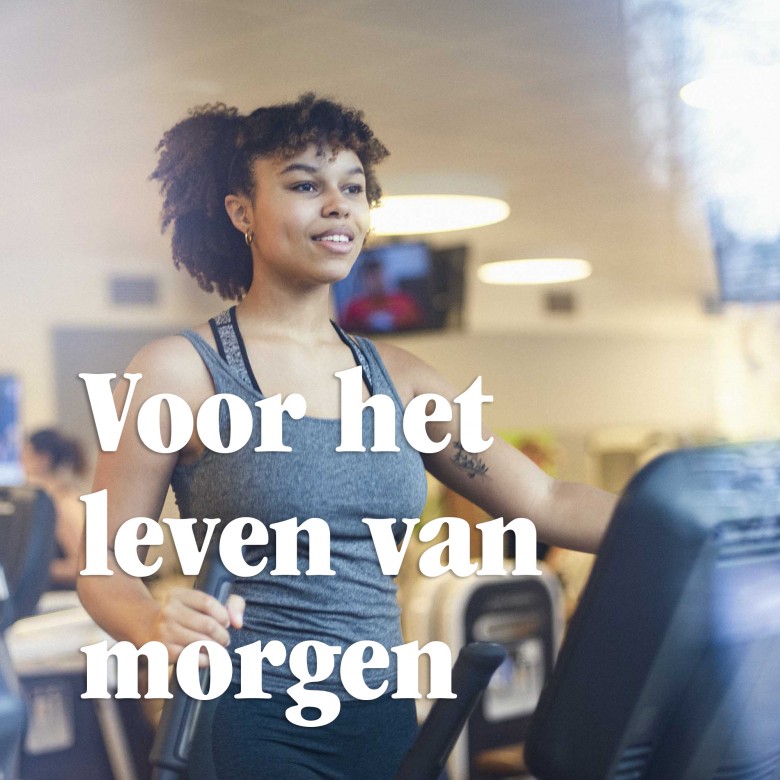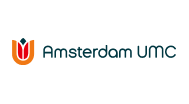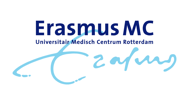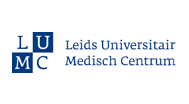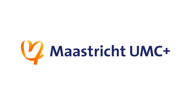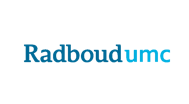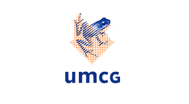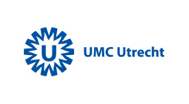Science and innovation
The umcs conduct considerable scientific research into effective prevention. This gives us greater insight into general health promotion and preventing and treating lifestyle-related conditions.
How important is optimal care in the first 1000 days of a child’s life? What role does genetic predisposition play in certain conditions? How influential are environmental factors, like food or air quality? And how does someone’s social environment determine, for example, whether they smoke or not, or play sports? The umcs are researching the effects of all of these factors on our health. A number of examples of these studies are described below.
Stimulating youth
What's learnt in the cradle lasts till the tomb. How can we encourage youngsters to live a healthier life? Lifestyle Innovations based on youth's Knowledge and Experience (LIKE) is a 5-year research project of Amsterdam UMC, Erasmus MC and Maastricht UMC+. Its focus: stimulating a healthy lifestyle (diet, physical activity, sitting and sleeping behaviour) in adolescents aged 10-14 years.
Diversity
Low-skilled workers and immigrants suffer more often and more severely from chronic conditions such as diabetes, COPD, cardiovascular diseases, anxiety disorders and depression (source: Pharos). Not enough people with a large health gap are being reached to participate in scientific research. The umcs are looking for ways to approach these groups more actively.
One example of this striving is HELIUS. This is a long-term study being conducted by the Amsterdam UMC and the GGD Amsterdam. Why are people with a Surinamese background at greater risk of developing diabetes and high blood pressure? Why is asthma more common among people with a Turkish or Moroccan background? HELIUS is looking for answers to these types of questions. Its aim: improve the medical care for Amsterdam residents from different backgrounds and obtain insight into the causes of health differences in the multi-ethnic population.
Innovations on the basis of data
The Netherlands has an excellent foundation to become an international leader in data-driven (bio)medical innovation. With this, new and more effective solutions can be developed and tested for faster and cheaper diagnosis, treatment and prevention, and then applied to patients. Our country has large quantities of high-quality health data, like the data from cohort studies of the umcs. For these studies the umcs have approached many people and followed them for years.
In the Generation R study, for example, Erasmus MC has been following 10,000 Rotterdam children for 20 years to find the early causes of health, disease and well-being in later life.
Another cohort study is Lifelines. This database and biobank was started by the UMCG. For 30 years, information about the health of three generations of residents (167,000) was collected in three northern provinces. This has already enabled research into growing old while remaining healthy.

Collective data structure
To support innovations in healthcare for a healthy society, doctors and researchers have to be able to exchange and link data better. A collective infrastructure is needed to be able to process privacy-sensitive data safely in a standardised manner, making them accessible for reuse by healthcare professionals, researchers and companies.
In the Vascular The Hague study, for example, LUMC Campus Den Haag uses data from ELAN GGDH: the bundling of health data from neighbourhoods in The Hague and socio-demographic data from the CBS. Its aim: reduce the disease burden and mortality due to cardiovascular diseases by detecting patients at high risk of complications earlier. The study is also documenting which population groups are at high risk of cardiovascular diseases.
Health Research Infrastructure Initiative (Health-RI) is a national platform co-founded by the NFU. It offers the collective infrastructure enabling the easy and safe exchange of data. It links databases in a responsible manner. High-quality data from e.g. cohorts and biobanks of the umcs and other knowledge and care institutions are made accessible for reuse and shared. With Health-RI the data remain stored locally as far as possible. A possibility is being examined of linking to data from other hospitals and knowledge institutions. These could include the CBS, national planning bureaus like CPB, SCP and PB, and policy institutes like RIVM, Nivel, Vektis, UWV and GGD. This involves linking of the medical and social domains.
Artificial intelligence
Artificial intelligence (AI) supports the early diagnosis of conditions and the faster development of new and cost-effective solutions. With easily available data, it is possible to apply AI on a large scale in healthcare and prevention. AI helps to clarify the complex relationship between genetic data, lifestyle, environmental data, health and disease. It contributes to the development of new forms of prevention, diagnosis and therapy. To accomplish this, access to much high-quality, structured data is essential. That is what the umcs are working hard to accomplish. They are also ensuring an effective translation of AI into clinical practice. Together with the Netherlands AI-coalition (NL AIC), the UMCs are employing AI to make targeted choices and accelerate research, education and knowledge valorisation both in and outside the healthcare system.
A good example of how the umcs employ AI for prevention is provided by LIME (LImburg MEet). In this project, MUMC+ works together with Zuyd University of Applied Sciences and innovation community Brightlands. LIME is developing new measurement methods for application in primary and specialist care. Apps are being created on the basis of data, like the PsyMate and movement apps. And new materials are being developed, like smart clothing with an inbuilt heartbeat sensor.


